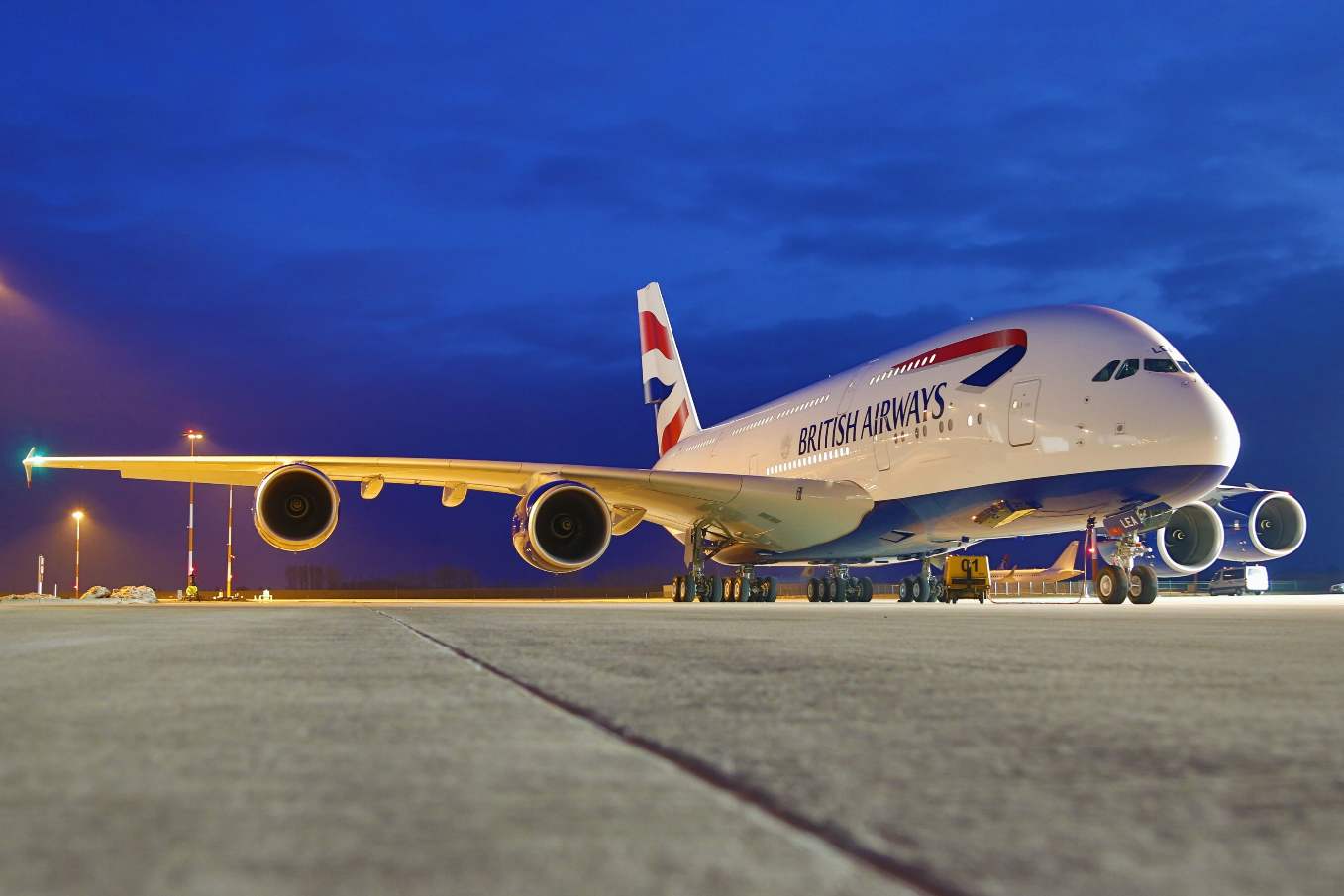A new, independent report concludes that continued UK membership of the European Aviation Safety Agency (EASA) is vital to ensure continued air safety improvement and aerospace industry competitiveness.
A new report by the Royal Aeronautical Society concludes that continued UK membership of the European Aviation Safety Agency (EASA) following Brexit is vital to the achievement of continued air safety improvement, aerospace industry competitiveness and positive influence on the development of new aviation rules.
The report — titled “Civil Aviation Regulation: What Future After Brexit?” — explores the desirability and practicality of post-Brexit regulatory arrangements.
Royal Aeronautical Society president Air Chief Marshal Sir Stephen Dalton, declared: “Based on the analysis of the evidence and expertise available, the maintenance of the UK’s membership of EASA is by far the most practical solution to allow the aviation and aerospace industry to be competitive and develop innovative products that supports the provision of quality services for consumers, and allows aviation safety standards to be maintained and improved using the latest technology.”
The report recommends two possible options available to the EU and UK Government on the future of aviation regulation:
o Option 1 – Full UK membership of EASA, bespoke arrangement:
• Full membership and participation within EASA would enable the UK to access all the current benefits of being part of the EU civil aviation regulation system.
• The UK would retain a role in the EASA rule-making process with industry being able to participate in specialist rule-making tasks groups and UK specialists being able to remain on EASA Boards and Committees.
• The UK would be subject to some degree to the European Court of Justice unless a separate UK/EU procedure for legal interpretation of the rules could be negotiated.
o Option 2 – Full UK membership of EASA, off-the-shelf arrangement:
• For the same reasons provided under Option 1, there is precedent for non-EU members to be full members of EASA (namely, Iceland, Liechtenstein, Norway and Switzerland).
The report does not endorse a third option, whereby the UK would no longer be a member of EASA, relying instead on the UK CAA, noting that this would require a large number of additional specialist staff, systems and processes in place and fully operational by March 2019 – highly unlikely in the current timeframe. In addition, the report points out that multi-year transitional arrangements would be needed to avoid disruption to services, increased costs and loss of business to UK companies serving international supply chains.

